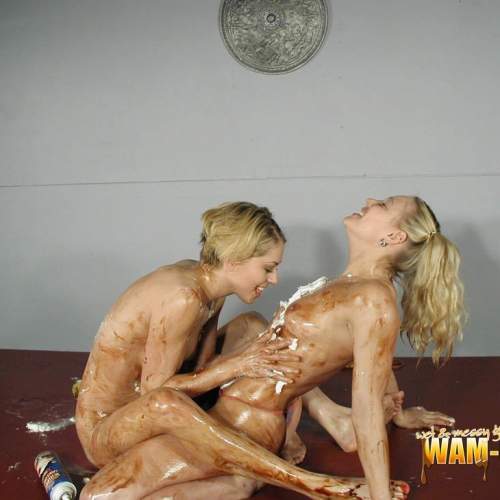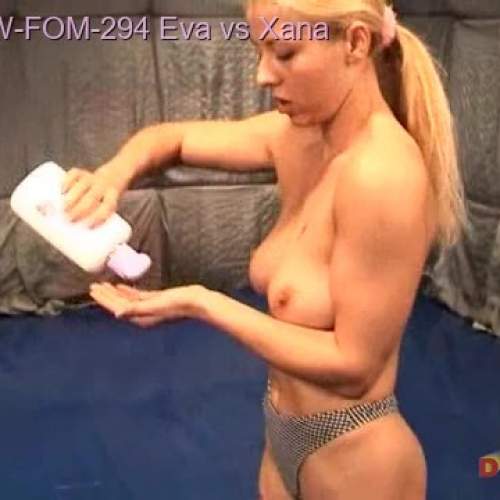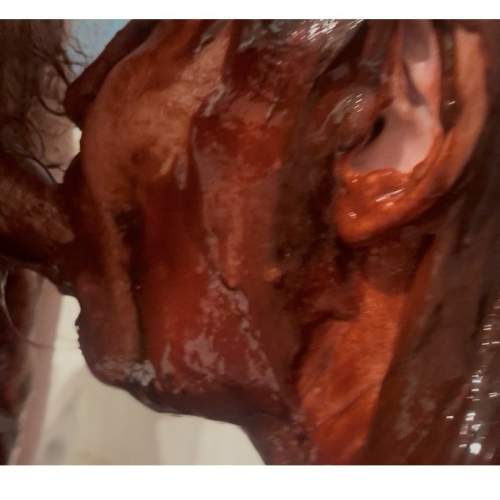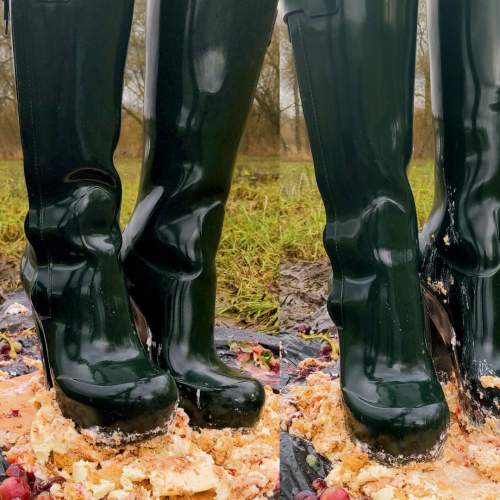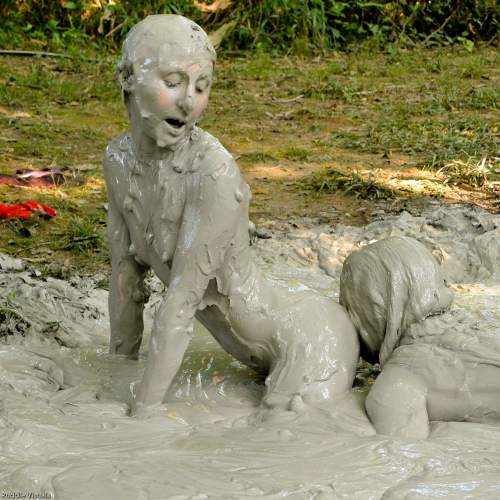|
|
|||
| forums: groups: | |||
|
"Disposing of used messes"
3 posts 574 views
Our local municipal government is phasing out the standard green garbage bag, and switching to clear bags. Residents must only put certain things in the clear bag, and other things in a blue bin for recycling or a green bin for other items. So the days of using builder's plastic as a drop sheet, then picking it up by the edges and stuffing it into a garbage bag are over.
It seems that wam sessions are limited to whatever can dissolve and safely go down the drain. That rules out oatmeal, beans, rice pudding, creamed corn, spaghetti and a lot of other substances. The only alternative would be to take large bags of wam waste to the dump, pay a fee, and tell the worker what you are throwing away. (yes, sir, it contains gallons of baked beans, with a possible pair of women's underwear and maybe a condom) Not a conversation I care to have with a municipal worker.
Has this become a problem for others? I have heard that this new system of garbage collection is spreading around to other cities.
It seems that wam sessions are limited to whatever can dissolve and safely go down the drain. That rules out oatmeal, beans, rice pudding, creamed corn, spaghetti and a lot of other substances. The only alternative would be to take large bags of wam waste to the dump, pay a fee, and tell the worker what you are throwing away. (yes, sir, it contains gallons of baked beans, with a possible pair of women's underwear and maybe a condom) Not a conversation I care to have with a municipal worker.
Has this become a problem for others? I have heard that this new system of garbage collection is spreading around to other cities.
Here in the UK, and I think in other European states, we have a similar system where you put both general waste and recycling - the definition of which varies from town to town - in wheelie bins which crucially are opaque. Leaving waste in just bags on the kerbside seems to invite spillage, vermin and them getting blown away in high winds. So it's not been an issue so far to just bag waste, and in past sessions we have poured the more liquid elements down the loo with plenty of water and it's not caused any blockages.
Could you put WAM waste into non-recyclable containers in your general waste?
Are you allowed to compost foods?
Could you use a waste disposal thing or a blender to liquify any more solid items so they can be safely poured down the drains?
Could you put WAM waste into non-recyclable containers in your general waste?
Are you allowed to compost foods?
Could you use a waste disposal thing or a blender to liquify any more solid items so they can be safely poured down the drains?
Good suggestions. Yes, we are allowed to put out food waste to be composted and have been given a small green bin to do so with. I would estimate that a session of wam using food would fill that bin thirty times. We can't just put anything in a large bin or the clear bags, it must only be non-recyclables and normal household waste. A whole lot of food packaging would be considered 'restaurant waste' and not picked up from a home. So it means re-thinking what to play with. Running used beans or semi-solids through a blender would work, but it might take a long while, depending on how much mess is needing to be disposed of.
Sponsors
To avoid content being blocked due to your local laws, please verify your age ?
Sponsors

Design & Code ©1998-2026 Loverbuns, LLC 18 U.S.C. 2257 Record-Keeping Requirements Compliance Statement
Epoch Billing Support Log In





 Love you, too
Love you, too












